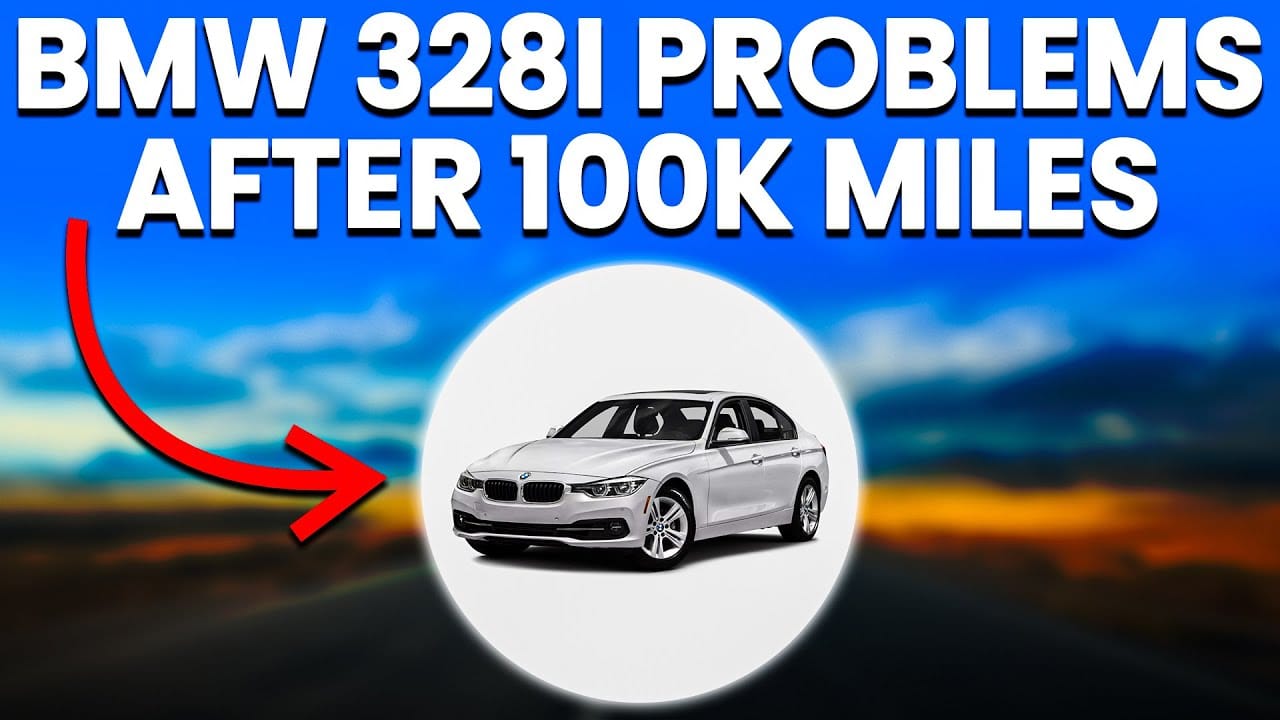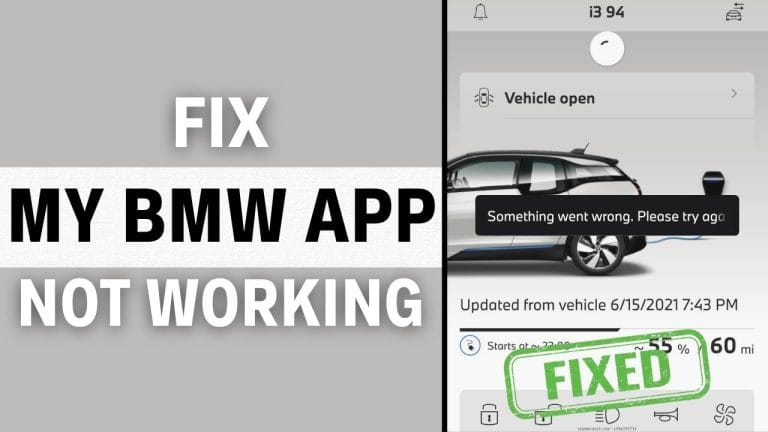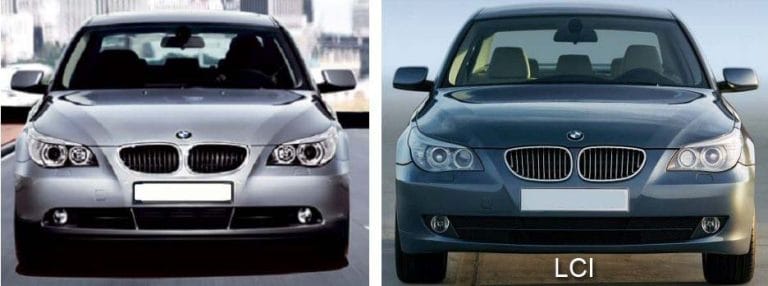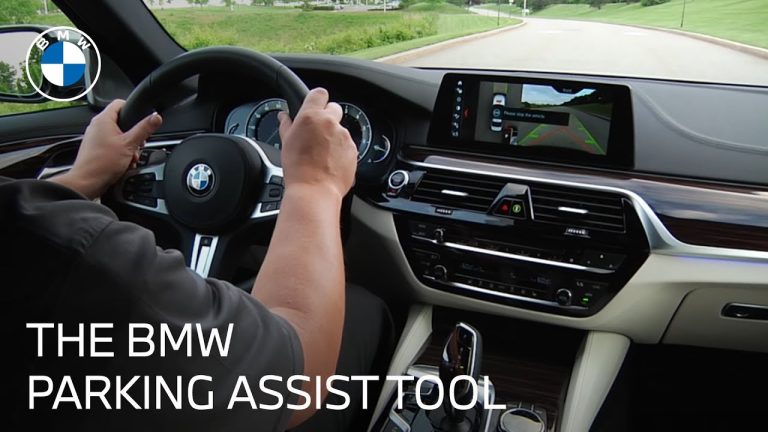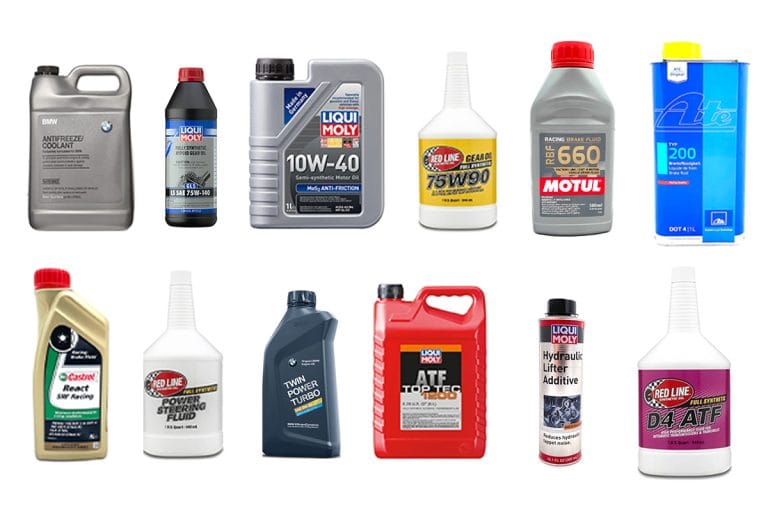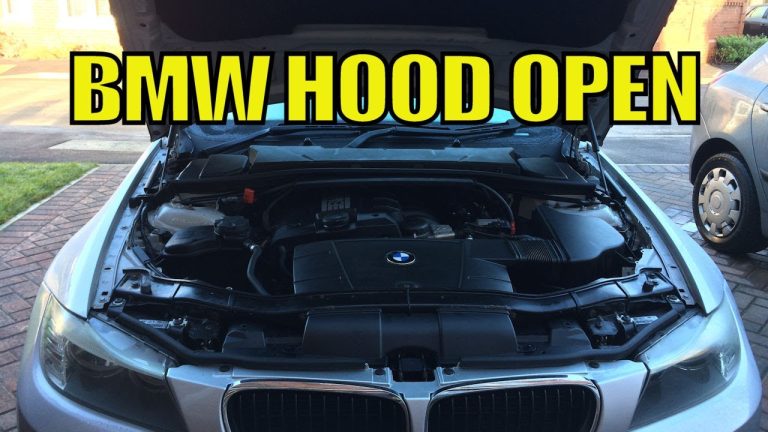2011 BMW 328i Problems: Common Issues & Easy Fixes for Your Ride
The 2011 BMW 328i has issues like engine misfires, oil leaks, and electrical glitches that can make your ride less fun. Common problems include faulty water pumps, worn suspension parts, and transmission slips. Knowing these can save you from big repair bills.
You’re in good hands! This guide breaks down the biggest 2011 BMW 328i problems with simple tips from car experts. We’ll help you spot and fix issues like a pro.
Get ready for a wild ride through engine troubles, leaky oils, and wobbly wheels! You’ll learn easy fixes and tricks to keep your BMW purring like a kitten.
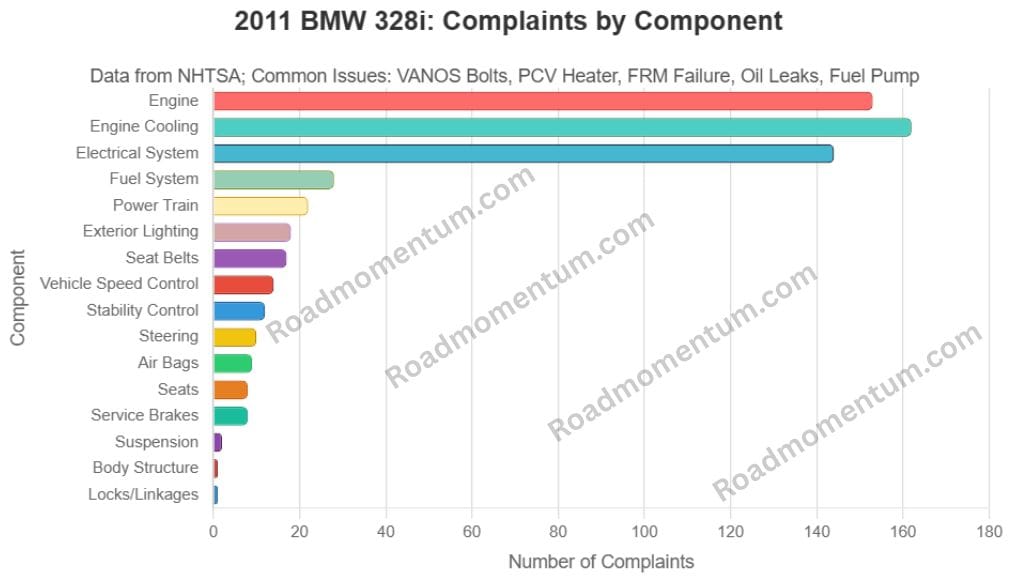
Common Problems: At A Glance
- Engine Troubles
- Cooling System Woes
- Electrical Gremlins
- Oil Leaks
- Suspension and Steering
- Transmission Troubles
- Braking Issues
Engine Troubles: The Heart of the 2011 BMW 328i Problems

The 2011 BMW 328i’s engine is its heart. When it runs well, you feel like a king on the road. When it doesn’t, you feel like you’re driving a grumpy lawnmower. Engine problems are one of the biggest headaches for owners, and the usual suspects are misfires, rough idling, and worn-out ignition parts.
Common Engine Misfires and Rough Idling
A misfire is when the engine “skips a beat.” You might feel your BMW shake, hesitate, or even sound like it’s chewing gravel. Rough idling feels like the whole car is vibrating while you’re at a stoplight. Both are common signs your 328i’s engine needs attention.
Causes: Bad Ignition Coils, Spark Plugs, and More
- Ignition coils – These tiny transformers send power to the spark plugs. Age, heat, and vibration can make them fail.
- Spark plugs – Worn plugs can’t ignite fuel properly. Dirty or eroded tips lead to weak sparks.
- Vacuum leaks – A cracked hose or bad gasket lets air sneak in, messing up the air-fuel mix.
- Fuel injector issues – Dirt and carbon can clog the injectors, stopping fuel from spraying evenly.
How to Spot and Fix These Issues
Spotting the problem:
- The car shakes or stutters, especially at startup.
- Loss of power or slow acceleration.
- Smell of unburnt fuel from the exhaust.
- Check Engine Light with codes like P0300 (random misfire) or P0301–P0306 (specific cylinder misfire).
Fixing the problem:
- Replace spark plugs every 60,000 miles (or sooner if performance drops).
- Swap out bad ignition coils; replacing all six at once is smart.
- Inspect and replace cracked vacuum hoses.
- Use a high-quality fuel injector cleaner or have the injectors professionally serviced.
Cooling System Woes: Overheating Nightmares

Your 2011 BMW 328i’s engine hates heat. Too much of it, and things go bad fast. The cooling system is supposed to keep temperatures in check, but when parts fail, you can go from “fun drive” to “steamy breakdown” in minutes.
Faulty Water Pumps and Thermostats
The water pump moves coolant through the engine and radiator. In the 2011 328i, it’s an electric pump that can just quit without warning. When that happens, the coolant stops flowing, and the engine starts cooking itself.
The thermostat controls coolant flow based on temperature. If it sticks closed, hot coolant stays trapped in the engine. If it sticks open, the engine runs too cool and wastes fuel.
Signs your water pump or thermostat is failing:
- The temperature gauge is creeping past the middle mark.
- Warning light shaped like a thermometer (often red or yellow).
- Loud whining or buzzing from the pump area.
- The engine is going from normal to overheating in minutes.
Leaking Radiators and Coolant Loss
A radiator leak can turn your BMW into a rolling steam machine. Radiators can crack over time, especially the plastic end tanks. Hoses and clamps also wear out and drip coolant. Even a slow leak can leave you stranded if ignored.
Clues you’re losing coolant:
- Low coolant warning on the dash.
- Sweet smell under the hood (coolant has a candy-like odor).
- Puddles of green, blue, or orange fluid under the car.
- Frequent need to “top up” the coolant.
Simple Checks to Prevent Engine Damage
- Look at your coolant level weekly. The tank is usually see-through.
- Inspect hoses for cracks or bulges.
- Watch the temperature gauge while driving.
- Change the water pump and thermostat around 60,000–80,000 miles as preventative maintenance.
Electrical Gremlins: Lights, Sensors, and More

Your 2011 BMW 328i may look classy, but inside it’s hiding a mini city of wires, sensors, and switches. When one of them misbehaves, you get strange symptoms lights that flicker, windows that won’t move, or a battery that dies faster than your phone on 1%.
Battery Drain and Alternator Issues
The battery stores power, but the alternator keeps it charged while you drive. If the alternator fails, the battery slowly runs out until your BMW refuses to start. Sometimes the problem isn’t the alternator at all; it’s a “parasitic drain,” where something keeps using power even after the car is off.
Signs of trouble:
- The car starts fine in the morning, but is dead by evening.
- Dim headlights or flickering interior lights.
- Battery warning light on the dash.
- Clicking sound instead of the engine turning over.
Common causes:
- Failing alternator or worn-out voltage regulator.
- Old battery (usually lasts 4–6 years).
- Modules or accessories that stay on when they shouldn’t, like a trunk light that never shuts off.
Faulty Window Regulators and Door Locks
The window regulator is the part that moves your glass up and down. In the 2011 328i, the cables can fray or the motor can fail. One day, your window works fine, the next it’s stuck halfway like it’s posing for a mugshot.
Door lock actuators can also quit, leaving you pressing the key fob like you’re playing a video game with no power.
Signs to watch for:
- The window moves slowly, makes grinding noises, or stops completely.
- Clicking sounds come from the door when locking or unlocking.
- Only some doors respond to the key fob.
Tips to Diagnose Electrical Problems
- Check the battery voltage: 12.6V when off, 13.8–14.4V when running is normal.
- Inspect fuses before replacing expensive parts.
- Listen for odd sounds when using windows or locks.
- Keep connections clean and tight; corrosion can cause big headaches.
Oil Leaks: The Slippery 2011 BMW 328i Problem

Oil is your BMW’s lifeblood. Without it, your engine will die faster than an ice cube on hot asphalt. Sadly, the 2011 BMW 328i has a reputation for letting that lifeblood escape slowly, messily, and expensively.
Common Spots Like Valve Cover Gaskets
The valve cover gasket is a rubber seal that keeps oil inside the top of your engine. Over time, heat makes it hard and brittle, and then it starts leaking. On the 328i, this is one of the most common leak points.
Other usual suspects:
- The oil filter housing gasket leaks down the front of the engine.
- The oil pan gasket leaks from underneath.
- Oil cooler seals small but sneaky drips.
Why Oil Leaks Are Bad News for Your Engine
Leaking oil isn’t just messy, it’s dangerous. When oil escapes, your engine runs hotter and wears faster. Plus, oil can drip onto the exhaust, creating smoke and even a fire risk. Ignore it long enough, and you could be looking at a seized engine or a repair bill that makes you cry.
How to Spot and Seal Leaks Early
- Check under your car for dark spots.
- Look around the engine for wet, shiny areas.
- Sniff for a burning oil smell while driving or right after parking.
- Watch the oil level on your dipstick; dropping levels mean trouble.
Fixes:
- Replace bad gaskets before the leak grows.
- Use high-quality gaskets and proper torque when installing.
- Clean any leaked oil from the engine so you can see if it returns.
Suspension and Steering: Bumpy Rides and Wobbly Wheels

Your 2011 BMW 328i should glide over the road like butter on a hot pan. But when the suspension or steering wears out, that smooth feel turns into bumps, rattles, and mystery shakes.
Worn Control Arm Bushings and Shocks
Control arm bushings are little rubber cushions that keep your wheels stable. Over time, they crack, dry out, and let the wheels move too much. That’s when you feel clunks or looseness in the front end.
Shocks (and struts) are in charge of absorbing bumps. When they wear out, every pebble feels like a speed bump, and your car may bounce after hitting a bump.
Signs these parts are worn:
- Clunking or knocking when going over bumps.
- Uneven tire wear.
- Loose or wandering steering feel.
- The car dips too much when braking.
Steering Wheel Vibrations and Noises
If your steering wheel shakes like it’s had too much coffee, something’s wrong. Common culprits include:
- Unbalanced wheels make the wheel shake at certain speeds.
- Warped brake rotors cause shaking when braking.
- Worn tie rods or ball joints add looseness and noise when turning.
- Bad wheel bearings often cause humming or grinding noises.
Maintenance Tips for a Smooth Ride
- Rotate and balance tires every 5,000–7,000 miles.
- Inspect suspension parts during every oil change.
- Replace bushings, shocks, or struts before they completely fail.
- Get a proper wheel alignment after replacing suspension parts.
Transmission Troubles: Shifting Gone Wrong

The transmission in your 2011 BMW 328i is like the messenger between the engine and the wheels. When it’s healthy, gear changes are smooth and quick. When it’s not, you get slips, jerks, and that “oh no” feeling every time you hit the gas.
Automatic Transmission Slipping or Jerking
A healthy gearbox should glide through gears almost invisibly. If yours feels like it’s pausing, kicking, or revving too long before shifting, that’s slipping. If it suddenly lurches or bangs into gear, that’s jerking. Both mean trouble is brewing.
Common causes:
- Low or dirty transmission fluid.
- Worn clutch packs inside the transmission.
- Faulty solenoids that control fluid flow.
- Transmission software glitches (yes, even cars need updates).
Signs of Low Transmission Fluid
Transmission fluid isn’t just oil; it’s also the lifeblood and coolant for your gearbox. Low fluid makes gears slip, overheat, and wear faster.
Warning signs:
- Delayed gear engagement when shifting from Park to Drive.
- Whining or humming noises while driving.
- Burnt smell from under the hood.
- Red or brown spots under the car.
How to Maintain Your Gearbox
- Check transmission fluid regularly (BMW says “lifetime fluid,” but real-world experience says change every 60,000 miles).
- Fix leaks immediately, even small ones.
- Warm up your car gently before driving hard.
- Keep software updated if your transmission control module has known issues.
Braking Issues: Stopping Safely

Your 2011 BMW 328i is fun to drive, but only if it can stop when you want it to. Bad brakes turn every trip into a game of “Will I make it?” Luckily, most brake problems give you plenty of warning.
Worn Brake Pads and Rotors
Brake pads press against rotors to slow the car. Over time, pads wear down and rotors get thin or warped. Worn pads squeal, grind, or make you press harder to stop. Warped rotors can cause shaking in the steering wheel when braking.
Signs of wear:
- Squealing or grinding noises.
- Vibration when pressing the brake pedal.
- The car takes longer to stop.
- Visible thin pads (less than 3mm).
ABS Sensor Problems
Your ABS (Anti-lock Braking System) keeps wheels from locking during hard stops. The sensors read wheel speed and talk to the ABS computer. When a sensor fails, you might see the ABS light or traction control light.
Common causes:
- Sensor damage from dirt, debris, or corrosion.
- Broken sensor wiring.
- The faulty wheel bearing is affecting the sensor reading.
How to Check Your Brakes at Home
- Look through the wheel to see the pad thickness.
- Listen for squealing, it’s a built-in warning sound.
- Feel for vibrations when braking.
- Check for brake fluid leaks around the calipers or under the car.
FAQ
Why does my 2011 BMW 328i shake when I start it?
Likely a misfire caused by worn plugs, failing coils, or a fuel/air mix problem. The shake often disappears after the engine warms up, but the root cause still needs fixing.
How often should I replace spark plugs in a 2011 BMW 328i?
BMW recommends around 60,000 miles, but if you drive hard or notice misfires, replacing them earlier can save bigger repair costs later.
How do I know if my BMW’s water pump is failing?
Look for overheating, warning lights, odd noises near the pump, or sudden coolant loss. If your car goes from fine to hot quickly, that’s a big clue.
Can I drive my 2011 BMW 328i with a coolant leak?
Technically, yes, for a very short distance. But it’s risky. Coolant keeps your engine alive. Lose too much, and you could warp the cylinder head or ruin the engine entirely.
Why does my 2011 BMW 328i battery keep dying?
It could be an old battery, a bad alternator, or a parasitic drain like a stuck relay or light. A mechanic can do a draw test to find the culprit.
How do I fix a stuck window in my BMW 328i?
If it’s the regulator, you’ll need to remove the door panel and replace it. If it’s just off-track, you can sometimes guide it back. But don’t force it, glass isn’t cheap.
Is it safe to drive my BMW with an oil leak?
Small leaks can be managed short-term if you keep topping up oil, but it’s risky. Even a small drip can turn big fast, and you could end up stranded or worse, with a ruined engine.
How much does it cost to fix a valve cover gasket?
For a 2011 BMW 328i, expect $400–$700 at a shop. Doing it yourself can save money, but it’s a bit tricky due to the tight engine space.
Why does my 2011 BMW 328i feel bumpy on smooth roads?
Likely worn shocks, struts, or tires. Even a smooth road feels rough if your suspension can’t absorb impacts.
What causes the steering wheel to shake in my BMW?
Most often, unbalanced wheels, warped rotors, or worn suspension joints. A quick inspection can pinpoint the issue before it worsens.
Why does my BMW 328i hesitate when shifting gears?
It could be low fluid, worn internal parts, or a failing solenoid. Sometimes a software reset helps, but often it’s a sign of mechanical wear.
How often should I change transmission fluid?
Every 60,000 miles is a safe rule. Waiting longer increases the risk of costly repairs, especially in older transmissions.
Why does my BMW 328i brake pedal feel soft?
Often due to air in the brake lines, worn pads, or a failing master cylinder. It can also be a sign of a brake fluid leak, which is serious and needs fixing immediately.
How long do brake pads last on a 2011 BMW 328i?
Typically 30,000–50,000 miles, depending on how hard you brake and your driving style. City driving wears them out faster than highway cruising.
Wrapping Up: Keeping Your 2011 BMW 328i Happy.
Owning a 2011 BMW 328i is like having a high-maintenance best friend; it’s amazing to be around, but it needs regular attention. We’ve covered the big troublemakers: engine misfires, overheating drama, sneaky oil leaks, electrical mood swings, suspension squeaks, shifting hiccups, and brake wear.
The secret to avoiding big repair bills? Catch problems early. Listen for odd noises, watch your gauges, check your fluids, and don’t ignore warning lights (they’re not just there for decoration). Regular maintenance, fresh spark plugs, clean coolant, balanced wheels, and timely fluid changes keep your BMW feeling like the ultimate driving machine.
Think of it this way: your BMW will treat you as well as you treat it. Feed it good fluids, keep its parts fresh, and it’ll reward you with years of smooth rides and happy miles.

